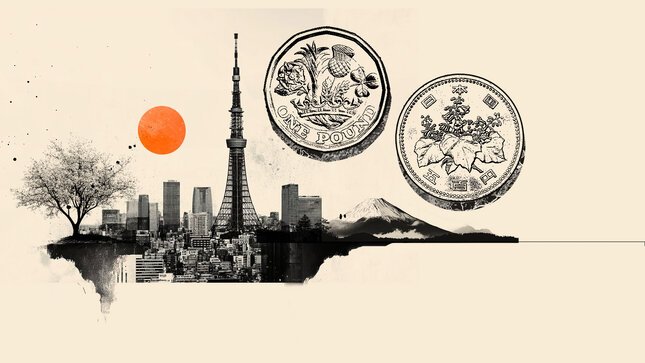Britain’s battle with inflation faces new pressure as shop prices record their fastest rise in over a year. Food prices have steepest since February 2023
Britain’s fragile progress against inflation is facing a setback after shop prices rose at their fastest pace since March 2024. According to the British Retail Consortium (BRC), prices in early August were up 0.9 per cent compared with the previous month, driven by a sharp 4.2 per cent increase in food costs – the steepest rise since February 2023.
According to Reuters, the spike brings to the fore fears at the Bank of England (BoE) that inflationary pressures remain deeply embedded in the economy.
The food price surge reflects a combination of supply disruptions and higher costs. Staples such as butter and eggs climbed sharply as demand outpaced supply, while tight labour conditions pushed up wages in food production.
A poor cocoa harvest added further pressure, making chocolate more expensive, a Reuters report said. These increases come despite hopes earlier this year that easing global supply chains and a moderation in energy prices would tame food inflation.
Inflationary pressures and the Bank of England
The latest data will sharpen the BoE’s dilemma. Britain’s headline consumer price index reached an 18-month high of 3.8 per cent in July, with the central bank forecasting a peak of around 4 per cent in September before any decline. That projection already placed the UK as the worst performer among the Group of Seven economies.
The BoE has repeatedly warned that persistent food inflation can spill over into broader economic expectations. Rising grocery bills often prompt workers to demand higher wages, which can, in turn, reinforce a wage-price spiral.
The concern is amplified by April’s tax increases on employers’ social security contributions, which retailers argue have forced them to pass on costs to consumers. Retail chiefs recently warned the Treasury that further tax rises could derail the government’s pledge to improve living standards.
Labour market weakness adds complexity
While consumer prices continue to climb, the labour market is showing signs of fatigue. Job search platform Adzuna reported that vacancies fell 1.2 per cent in July compared with the previous month, while advertised salaries dipped 0.3 per cent – reversing June’s gains. The weakness was particularly acute in healthcare, although construction demand remained resilient.
On an annual basis, job openings were marginally higher and advertised pay nearly 9 per cent above a year ago, but the monthly slowdown suggests that employers are becoming cautious. For the BoE, this creates a difficult balancing act: inflation remains uncomfortably high, but evidence of labour market cooling could argue against further tightening.
After a temporary relief in headline inflation
Official figures from the Office for National Statistics show that inflation eased to 2.6 per cent in March, its second consecutive monthly decline, helped by falling petrol and toy prices and stable food costs, BBC reported in April. Yet it turned out to be a temporary reprieve. Household bills such as energy, water, council tax and broadband charges rose sharply in April, indicating that subsequent data may point to a rebound above 3 per cent.
The uncertainty is compounded by international trade dynamics. The imposition of US tariffs on a range of imports, coupled with retaliatory measures by other economies, could feed through to higher consumer costs globally.
For the UK, the situation remains ambiguous. A relatively modest 10 per cent tariff on British exports to the US is lower than feared, while the possibility of cheaper Chinese goods being diverted to the UK market could offset inflationary pressures by increasing competition.
Growth and policy outlook
The government has staked its credibility on reviving economic growth, but progress remains fragile. The policy response is equally fraught. Lowering interest rates could support growth but risks reigniting inflation, while keeping rates high threatens to deepen the labour market slowdown. The BoE’s Monetary Policy Committee faces the difficult task of balancing these forces in the months ahead.
The sharp rise in shop prices is a telling sign of the persistence of inflationary pressures in the UK economy. While temporary factors such as energy and commodity prices may ease, structural challenges – from wage demands to supply bottlenecks – suggest that Britain’s battle with inflation is far from over.
Policymakers face a delicate tightrope: taming inflation without stifling growth or worsening household strain. With shop prices at their highest increase since March 2024, the question remains not whether inflation will fall, but how long it will continue to cast a shadow over the UK economy.







